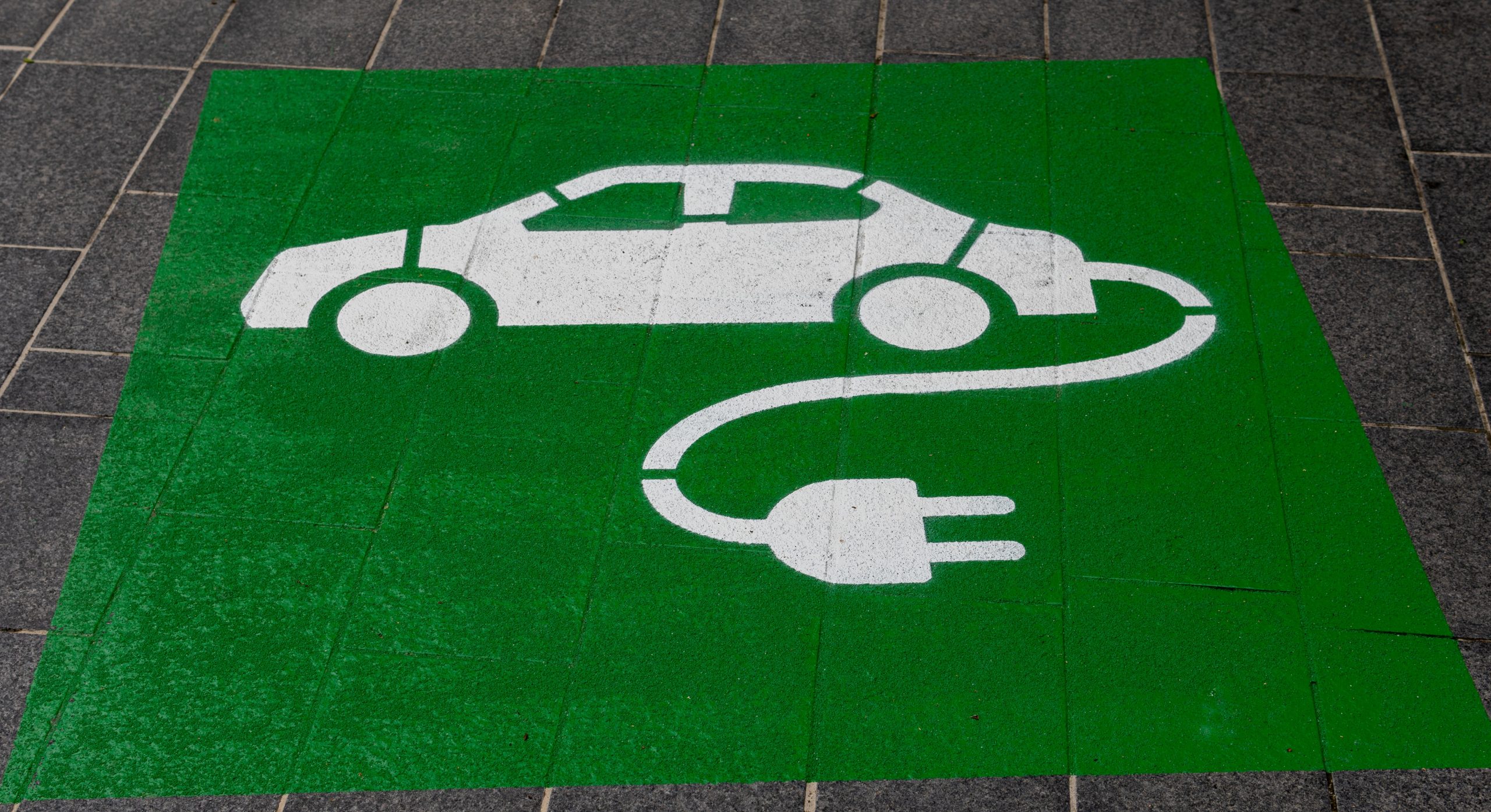The world is undergoing a transformative shift towards sustainability, with the transportation sector at the forefront of this revolution. As concerns about climate change, air quality, and fossil fuel dependency intensify, there has been a remarkable surge in the demand for Electric Vehicles (EVs) worldwide. This trend is not merely a passing fad, but a profound shift that stems from a growing awareness of environmental issues, advancements in technology, and supportive government policies.
Environmental Imperative
One of the driving forces behind the rising demand for EVs is the urgent need to curb greenhouse gas emissions and combat climate change. Internal combustion engine vehicles are significant contributors to carbon dioxide emissions, which are a major driver of global warming. EVs, on the other hand, produce zero tailpipe emissions, making them an essential tool for achieving the ambitious emissions reduction goals outlined in the Paris Agreement.
A study by the International Energy Agency (IEA) revealed that in 2020, the global CO2 emissions from the transportation sector were approximately 24% of total energy-related CO2 emissions. Transitioning to EVs could drastically reduce this figure, as they rely on electricity generated from renewable sources, further aligning with the broader goals of sustainable development.
Technological Advancements
The rapid advancement of technology has significantly improved the performance, range, and affordability of electric vehicles. Early EVs were plagued by concerns about limited range and lack of charging infrastructure, but these issues have been progressively addressed. The development of high-capacity batteries has led to EVs with impressive ranges, closing the gap between electric and conventional vehicles.
Moreover, the continuous growth of charging networks worldwide has alleviated range anxiety, making EVs a more practical choice for consumers. Fast-charging technology has also improved significantly, with some chargers capable of providing a substantial range boost in a matter of minutes. These technological enhancements have shattered the barriers that once deterred potential buyers from embracing electric mobility.
Economic Considerations
Beyond their environmental benefits, EVs are increasingly becoming an economically viable choice for consumers. The initial purchase price of EVs has historically been a point of contention due to the high cost of batteries. However, ongoing advancements in battery technology have led to a consistent decline in battery costs, resulting in more affordable electric vehicles.
Furthermore, the total cost of ownership for EVs is often lower than that of internal combustion engine vehicles when considering factors such as fuel costs, maintenance, and incentives. Many governments offer tax incentives, rebates, and reduced registration fees for electric vehicle owners, making the transition to EVs financially attractive.
Government Initiatives
Supportive government policies and regulations have played a pivotal role in driving the demand for EVs. Many countries have set ambitious targets for phasing out internal combustion engine vehicles in favor of electric vehicles. For instance, the United Kingdom has announced its intention to ban the sale of new petrol and diesel cars by 2030. Similarly, Norway has set a target to sell only zero-emission vehicles by 2025.
These policies not only encourage consumers to switch to cleaner transportation options but also stimulate innovation and investment in the EV sector. In addition to bans on internal combustion engines, governments are investing in charging infrastructure, research and development, and incentives for automakers to produce more EV models.
Global Automaker Response
The surge in demand for electric vehicles has prompted major automakers to shift their focus toward EV production. Established companies are not only investing in research and development but are also announcing ambitious plans to transition their entire fleets to electric in the coming years. This strategic pivot is not just about meeting regulatory requirements, but also about capitalizing on the growing consumer preference for eco-friendly transportation.
Companies like Tesla, known for their pioneering efforts in the EV market, have demonstrated the viability of electric vehicles and set industry benchmarks. Traditional automakers are now racing to catch up, launching their own electric models to tap into this expanding market. This competition is not only improving the quality and affordability of EVs but is also pushing the boundaries of innovation.
Challenges and Future Outlook
While the rise in demand for EVs is promising, challenges remain. The global infrastructure for charging stations needs to expand further to support the growing number of electric vehicles on the road. Additionally, recycling and disposing of EV batteries present environmental concerns that require sustainable solutions.
Looking ahead, the trajectory of the EV market seems promising. As technology continues to advance, costs decline, and charging infrastructure improves, electric vehicles are expected to become the norm rather than the exception. The transportation sector’s shift towards electrification aligns perfectly with the broader goal of achieving a sustainable and greener future.
The surging demand for electric vehicles is a pivotal indicator of a global movement towards sustainability, driven by environmental consciousness, technological advancements, economic incentives, government policies, and the strategic responses of automakers. As electric vehicles become increasingly accessible, affordable, and practical, they are revolutionizing the automotive industry and contributing significantly to the fight against climate change. The world is on the brink of an electrifying transformation, with electric vehicles leading the charge into a cleaner and more sustainable era of transportation.



